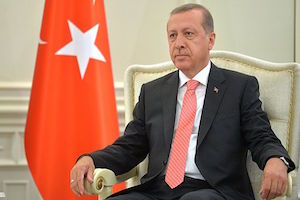Turkey's Emergency Election: The Primacy of Raison d'etat
By Halil Karaveli
May 2, 2018
It is not President Recep Tayyip Erdogan’s “power hunger” that accounts for Turkey’s snap presidential and general election. Instead, raison d’état is behind this event, which will enshrine presidential rule. The abolition of parliamentary rule and the concentration of all executive powers to the presidency are designed to neutralize the Kurdish challenge. It is also intended to refurbish the authority of the state and lend it a renewed aura of strength after it was torn apart by the Gülenists. Reactions to Turkish developments should not be based on interpretations that neglect the primacy of the state’s interests and the impact of the Gülenist threat and Kurdish challenge.
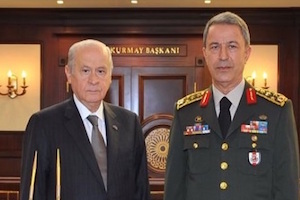
Social Democracy - The Way Out of Turkey's Impasse?
By Thomas Helm
April 16, 2018
A new focus on everyday economic and labour issues as part of a wider call for social democracy that transcends identity politics could serve as a new rallying cry in Turkish politics. At the moment there is a significant gap. While the ruling Justice and Development Party (AKP) continues to push its pro-business and anti-worker policies, the officially social democratic opposition party, the Republican People’s Party (CHP) has been reluctant to speak out against the widespread labour injustice, preferring to focus on issues of democracy and corruption. Social democracy as a broad coalition between lower- and middle-income groups that transcends identity politics would also help secure democracy in Turkey.
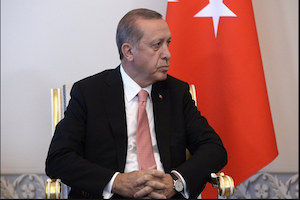
Momentum, Societal Militarization and Erdoğan's Forever Wars
By Gareth H. Jenkins
April 3, 2018
The conquest of Afrin in northwest Syria has boosted President Erdoğan’s popular support and raised expectations amongst his supporters at a time when they already believe that they are active participants in a sacred struggle. But, with Russia, Iran or the US expected to block any further attempts at major territorial acquisitions in Syria or Iraq, Erdoğan is running out of options and in danger of losing electoral momentum long before Turkey is due to go to the polls in November 2019.
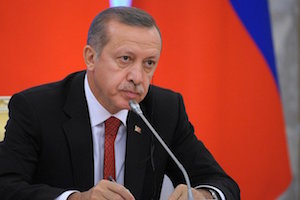
How Neoliberal is Turkey?
By Thomas Helm
March 8, 2018
A “neoliberal” consensus has reigned in Turkish politics since the 1980s. Yet far from being rolled back, the state has in fact been actively “rolled forward.” Various aspects of neoliberalism have been assimilated into an authoritarian system. The system features a combination of a liberalized economy with weak trade unions, poor workers’ rights and a strong state with a pervasive, centralized crony-capitalism. It has come at a significant social cost and relies on potentially unstable growth.
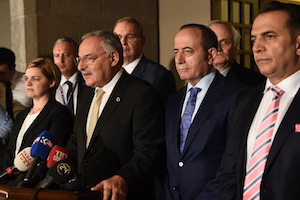
Time to try something new: A turn to the left to get out of Turkey's impasse?
By Halil Karaveli
February 22, 2018
Turkey is at an historical juncture: the need to try something new has acquired urgency. The right, in secular or Islamic shape, that has dominated Turkey throughout its history has demonstrated that it perpetuates authoritarian rule. Can the left provide a democratic hope? Ideally, a “Progressive front” would coalesce to challenge the ruling "Nationalist front" and the hold of authoritarianism. However, the war against the Kurds in Syria boosts the right-wing nationalist parties, and also the Turkish social democrats support it. To provide an exit out of Turkey’s impasse, the mainstream Turkish left needs to reinvent itself. It must emancipate from its father figure, Mustafa Kemal Atatürk.
